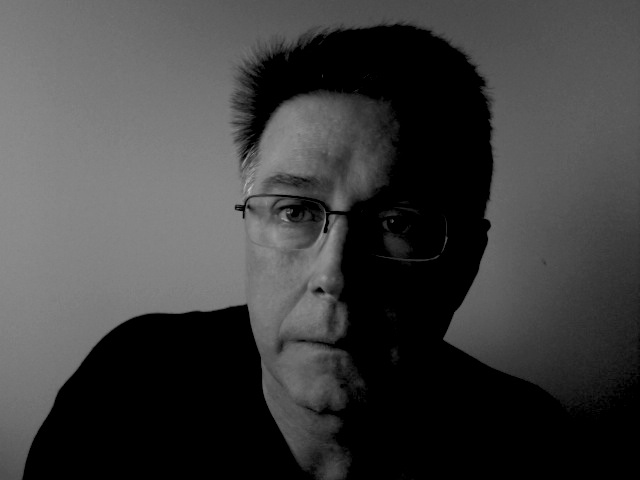.
Crowbar
IT WAS NOT exactly a crowbar.
It was one of those short, flat implements called a wrecking bar.
This was in the parking ramp.
The guy wielding the bar looked like he could barely hang onto it, and when he half-charged, he stumbled and had a hard time catching his balance.
Singer had a chromed .25, cheap, from his youth, more an idea or sentiment than credible weapon, but Singer was glad to have it. Singer pulled it aggressively and yelled some obscenity-laced threats Singer had probably heard in a movie.
The guy dropped the bar and half-stumbled, half-ran away.
Singer thought about taking the bar—perfectly useful wrecking bar—but thought who knew what blood or DNA might be on the thing.
Parking garage.
All because Singer had a doctors appointment because Singer had a weak, ongoing pain in his back.
And what to make of an inept, incomplete, random half-attack?
Potentially harmful, yes, but more weird than threatening and perhaps, with time passed, comical.
As Singer hoped this visit would prove, for Singer had two theories. One was this pain was the result of Singer’s being issued a new, cheap, uncomfortable desk chair at work. The other was the pain was the harbinger of the lethal condition that would end Singer.
At Singer’s age, a man could not be sure.
At Singer’s age, a man had to inquire. Or, at least, consider.
At work, Singer leaned back in that cheap chair and stared out the window at the road behind the loading dock and the dumpsters and the little copse of wintry woods around the marsh across from the loading dock. He always hoped to see a deer in that copse but knew he was more likely to see a rat in or near the dumpsters.
Singer went in and registered and waited and was measured, weighed, blood-pressure-tested, and left in an exam room.
When the pain started, Singer could not say.
The doctor came in.
They recognized each other.
That in parking, the doctor said. I thought you were someone else.
Who, Singer said.
It’s a whole, the doctor said, domestic thing. Terroristic threats. It’s all over the place.
So?
So don’t ask. This back thing, what is it?
That’s what I need to know, Singer said.
The doctor wrote out a prescription and gave Singer a sample packet of pills.
Take these, the doctor said. Then take more of them.
What’s this about paralysis in the warning, Singer said. Face in pithy rictus?
I think you mean penny rictus, the doctor said. That parking thing, I have to apologize. I have a chemical imbalance.
Forget it, Singer said. He put the sample and prescription in his pocket.
These questions, the doctor said, forbidden you. Who’s supposed to ask? How about decades ago when the woman said to me, do you want to go to the car wash? And I had no idea.
No idea at all, the doctor said.
.
Generation
HE WAS THE CAUSE, she said.
He was not.
He was exhausted by causation.
What did she think, there was a chain of being?
If he was a link in it, then so was she.
Funny that hadn’t come up.
As though, as if, like that time there was the problem and that piece of sheetrock broke.
Hole in the wall literally.
Life in the drywall generation.
Unable, it seemed, to clear that gypsum from their nostrils.
He remembered. Did she?
As though he might avoid the shiver and fall of history upon him.
.
Title
HE DID NOT know why the event was titled “Defeating the Power of Thought.” He wanted to get into a different session, maybe something on using a smart stylus, but everything else was full. This one seemed not to have anything to do with thought. Not that he was interested in thought, but wasn’t a title supposed to say something about what the thing was or to represent the thing in a clear, understandable way?
This thing seemed to be about the modular life of the future. People would live in modular dwellings and work at modular employment at modular work sites.
Unclear as to why this was the future, but with the future, how could anyone even tell? The future was not something one could be sure about.
The end, maybe.
The end, yes.
But the future? No.
He looked at his partner.
Is it time, now, he said.
It is time now, she said.
—Greg Mulcahy
.
Greg Mulcahy is the author of Out of Work, Constellation, Carbine, and O’Hearn. He teaches at Century College in Minnesota.
.
.
